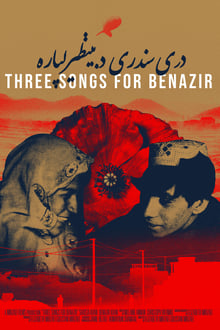
Elizabeth and Gulistan Mirzaei’s moving short film shines a light on life for refugees in modern-day Afghanistan through the story of Shaista, a young man who—newly married to Benazir and living in a camp for displaced persons in Kabul—struggles to balance his dreams of being the first from his tribe to join the Afghan National Army with the responsibilities of starting a family.
You May Also Like

Three young female activists in Uganda, Hong Kong and Chile in a united front for the future, in an inflamed film by a merely 21-year-old filmmaker.
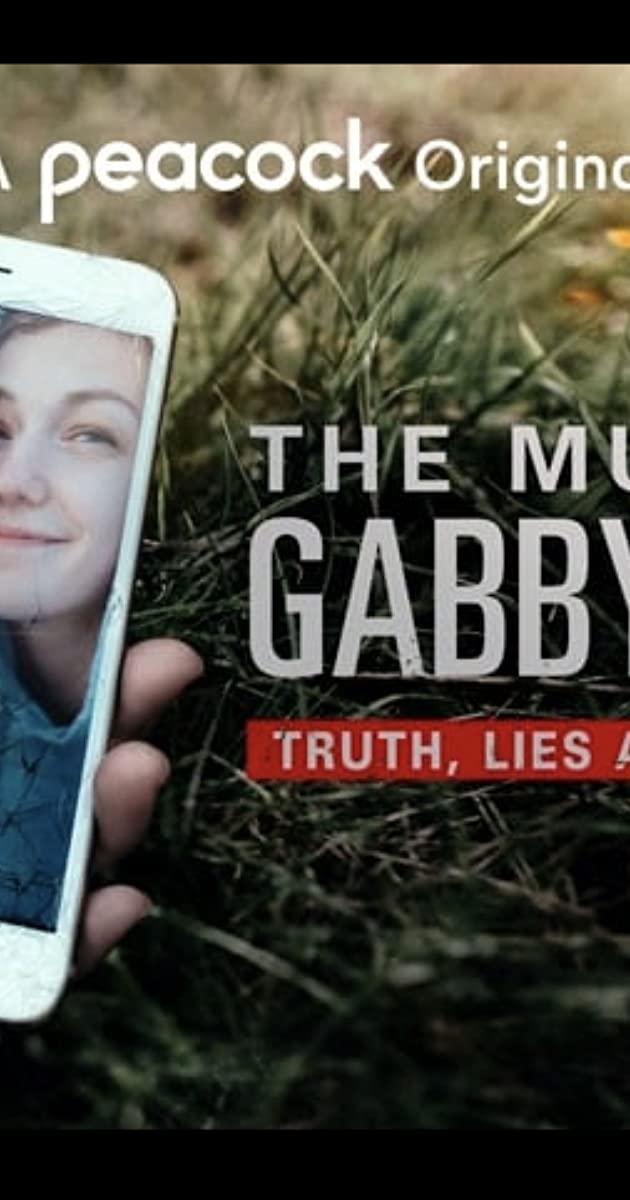
Examines Gabby’s life through the curated lens she created and immerses the viewer in the world of social media sleuthing that was crucial to the case.

When the lights of the city go dim, all of the kitties are let outdoors to prowl. Holding a meeting, they come up with a plan to rid themselves of a neighboring dog. The cats proceed to torment him, chase him with a water hose, and try feeding him.
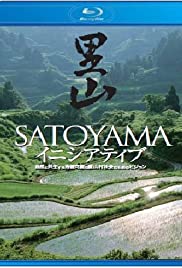
Each home has a built in pool or water tank that lies partly inside, partly outside its’ walls… A continuous stream of spring water is piped right into a basin, so freshwater is always available. People rinse out pots in the tank and clean their freshly picked vegetables. If they simply pour the food scraps back in the water, they risk polluting the whole village supply. However, carp can scour out even the greasy or burnt pans. They do the washing up in Satoyama villages. This traditional arrangement is called the riverside method. It’s used all over Japan. Cleaned up by the carp, the tank water eventually rejoins the channel.

Superman battles a criminal mastermind and his robot army.

The last time Hannetjie Stadler heard her daughter’s voice was a voicemail as she called for help during a brutal murderous attack. In 2005 the popular tourist town of Knysna was shattered when two young women were murdered in a nightclub over a period of two months.

In “LEGO Marvel Super Heroes: Avengers Reassembled!,” the Avengers prepare for a party at Stark Tower and notice that Iron Man is acting strange. After some investigation, they discover that the evil Ultron has taken control of Iron Man and his armor as part of his scheme to take over the world. It’s up to Captain America, the Hulk, Thor, Vision, Black Widow, Hawkeye and their friends (Spider-Man, Iron Spider, and special guest star Ant-Man) to rescue Iron Man from Ultron’s clutches and defeat the super villain before he causes even more destruction and chaos.
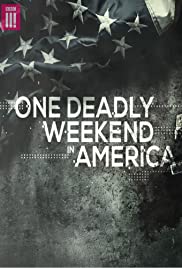
A look at the people affected by seven shootings which occurred during the same July weekend.
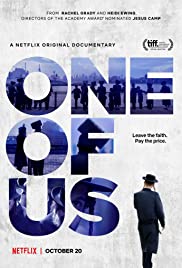
Penetrating the insular world of New York’s Hasidic community, focusing on three individuals driven to break away despite threats of retaliation.
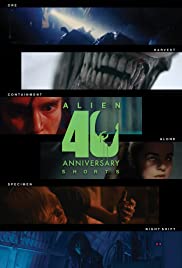
Hope, an abandoned crew member aboard the derelict chemical hauler Otranto, has spent a year trying to keep her ship and herself alive as both slowly fall apart. After discovering hidden cargo, she risks it all to power up the broken ship in search of human life. (One of six short films produced to celebrate the 40th anniversary of 1979’s Alien.)

Judith, a nine-year-old girl disregarded by the people around her, fights her loneliness with the company of small dead animals she collects and hides in jars under the bed.

Uncover the insidious ways in which our daily lives are being surveilled by the state. In a gripping chase, Ronan Farrow travels across the world following breadcrumbs and finally exposing a dark world of spywares, hacking, and peddling of private information, where activists and journalists are persecuted, and no one is protected from the watchful and vicious eyes of authoritarianism.